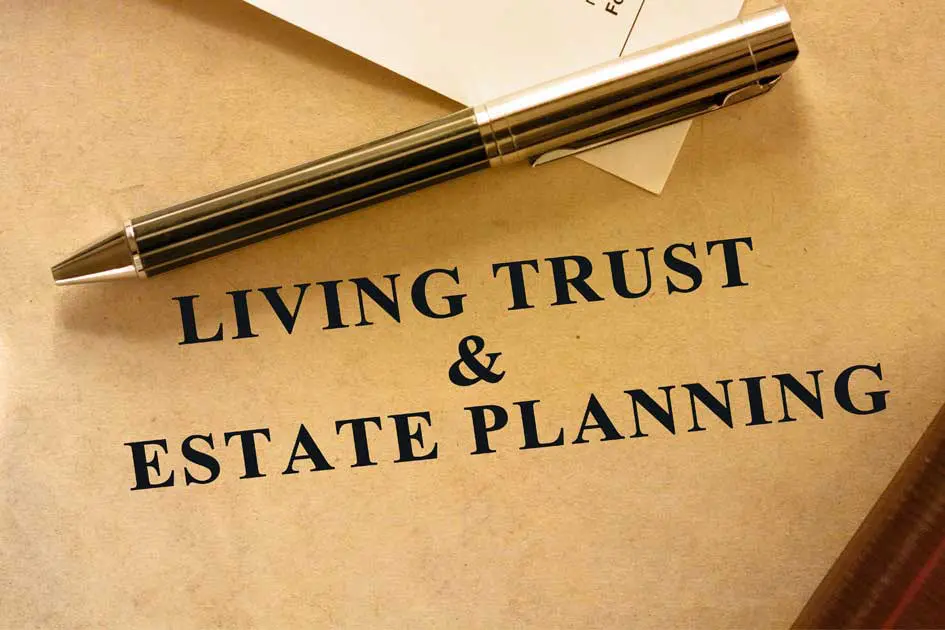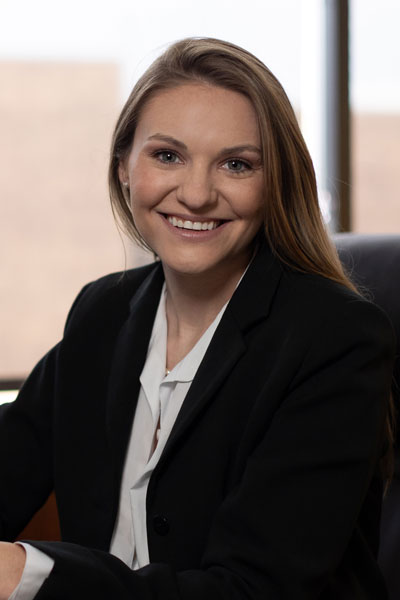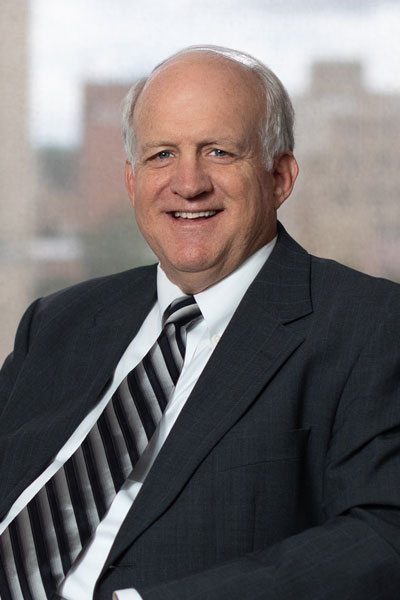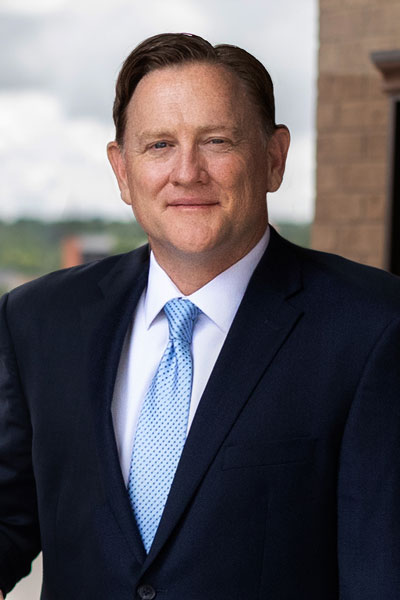A will or an estate plan is important for most individuals to have. But unfortunately, it is considered an afterthought for many people. Surprisingly, the majority of American adults do not have a will. If tragedy were to strike, this could create a variety of unwanted outcomes.
For example, the death of both parents in an accident can leave their children’s fate up to a judge. Assets in a blended family may not end up being distributed the way you would like. And furthermore, if one is in an accident and incapacitated but not killed, decisions made about your medical care may not be ideal.
Estate planning can save you from all these unfortunate circumstances. Everyone should do some basic estate planning — regardless of their personal income level.
A Will or Estate Plan is Important Even for Unmarried or Single People
If tragedy befalls you and you die without a will, then state law determines who gets your assets. For those who are single and childless, that could mean that your estate goes to your parents or your siblings. If you are married, your assets may all go to your spouse, or be split between your spouse and children. If you’re in a domestic partnership but unmarried, your estate would go to your biological family, as opposed to your partner. In many cases, this could not be the ideal situation for you.
Make Adjustments or Reviews to Your Estate Plan Every 5 Years
Even after completion of your will or estate plan, it’s important to reevaluate it from time to time. This is for several reasons. Your heirs may have passed away, remarried, or no longer be capable of administering your estate. It is also highly recommended you review your estate plan if you get married, or have a divorce.
Store Your Will in a Safe Place
After your will or estate plan has been created, keep it someplace safe. Many choose to keep them in a waterproof, locked strongbox at home, or to keep them in a safe deposit box at a bank. Wherever you decide to store your will, be sure that your heirs know the location and have access to it.
Before writing your estate plan it is recommended that you consult your own personal attorney. If you do not have an attorney, contact us at Ramey & Flock.
















